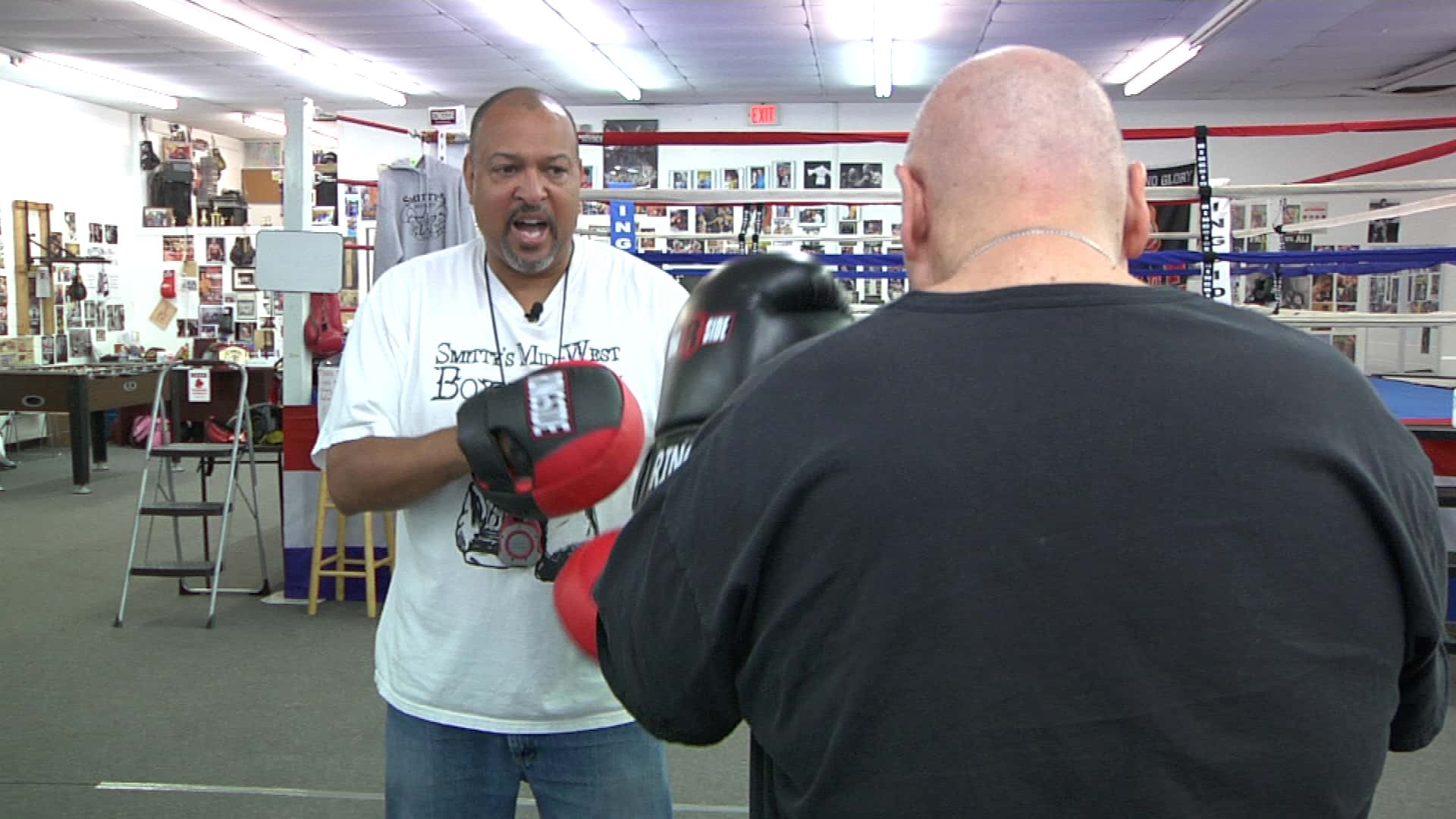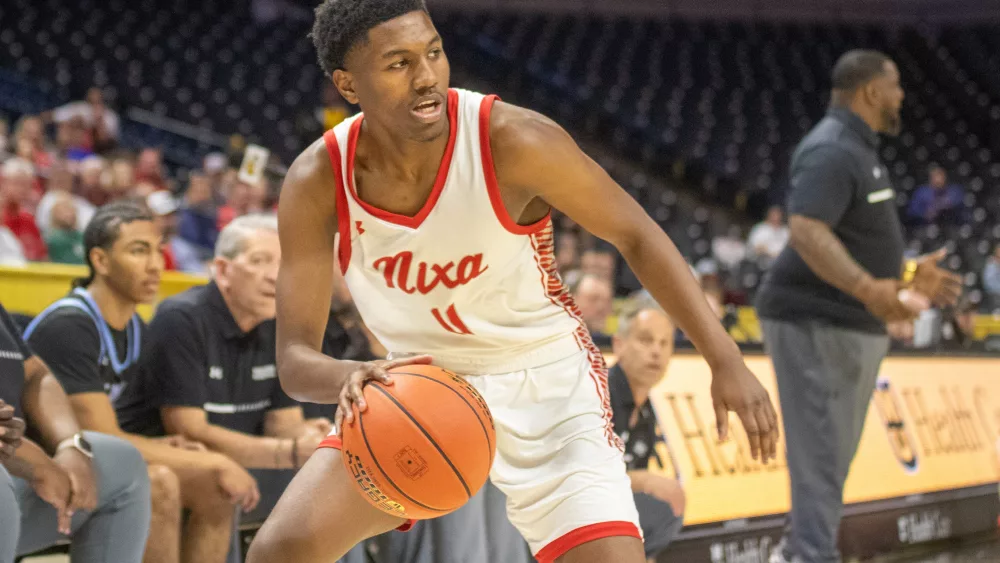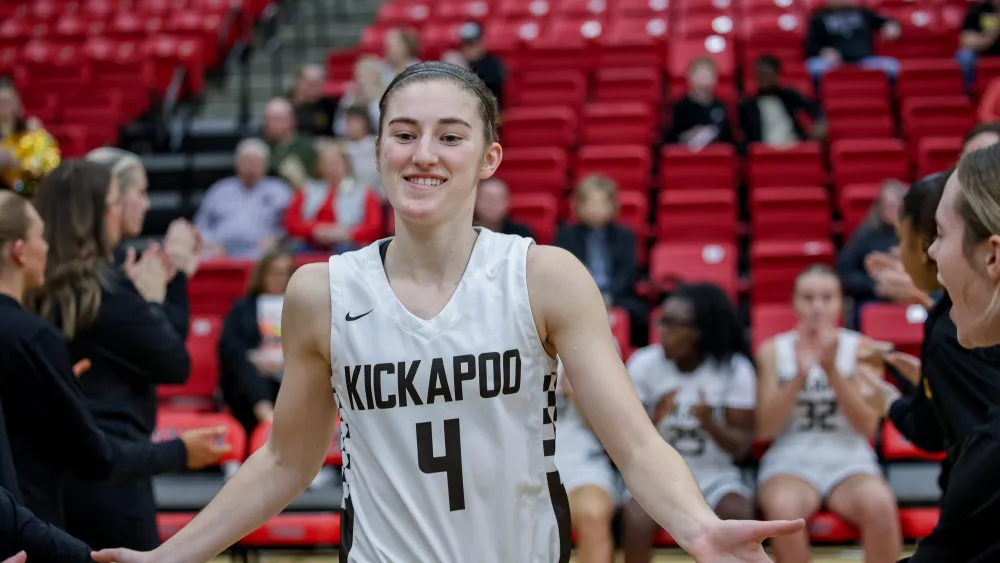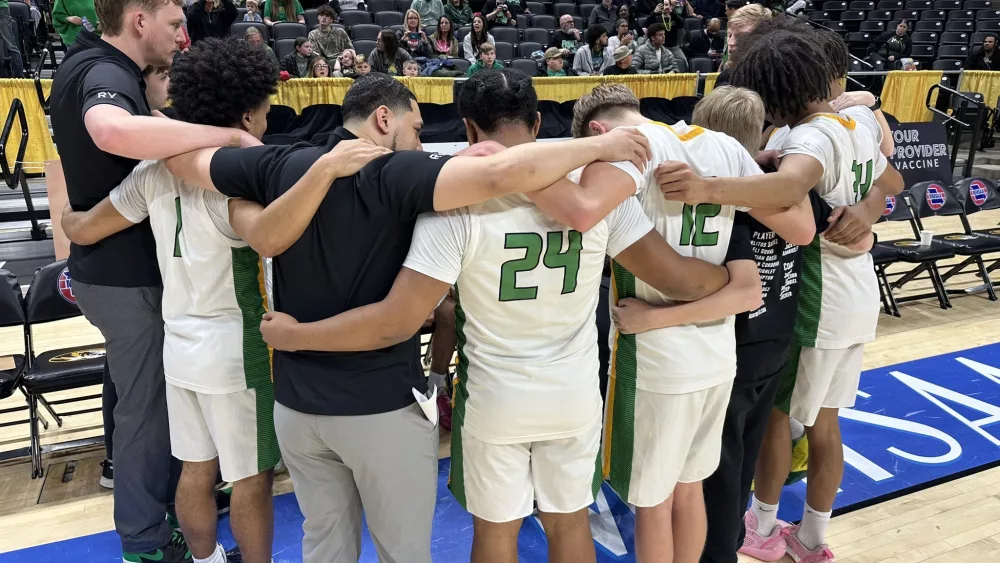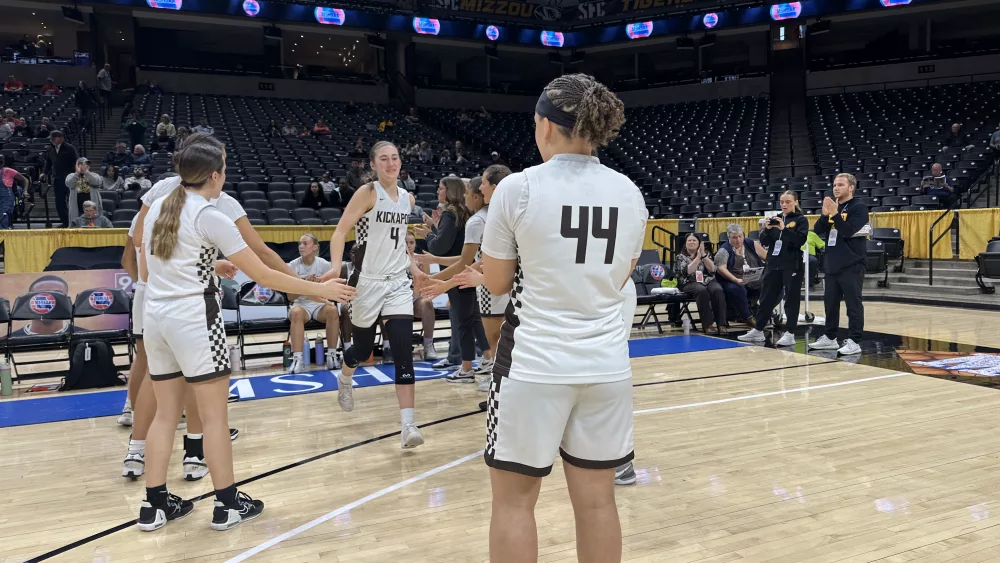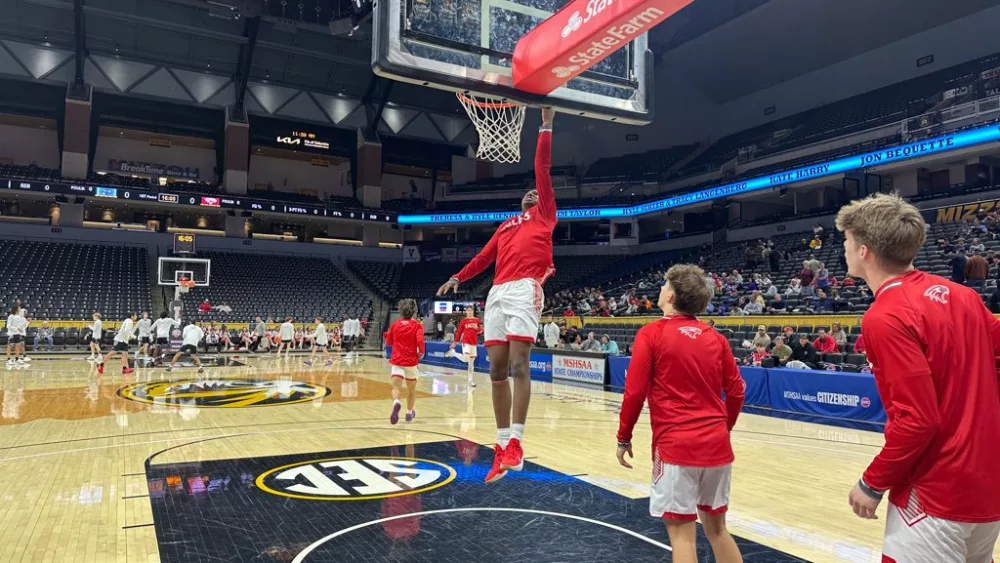[wpbvideo id=’304147′]
It’s 9 a.m. at Smitty’s Mid-West boxing Gym and the bags are popping.
“You’re getting stronger,” Coach Darrell “Smitty” Smith tells one of his athletes. “I can see it.”
This is no ordinary class of boxers.
“Ready? Work time!” Smitty yells.
This free class is made up of seniors with Parkinson’s Disease; it’s open to those suffering from neurological disorders like multiple sclerosis, and it’s also available for autistic children. The participants say a bout in the ring isn’t the only fight this class is helping them win.
“Hand-eye coordination is much better.”
“Mostly coordination.”
“It does feel a little more natural. I don’t know that it’s easier.”
This is close to Smitty’s heart. Injuries from his time in the military, including Operation Desert Storm, left him without the ability to move for a time.
“I kind of went through a state of depression for a while there,” He says. “Those feelings make you feel like you’re not the person you always were, and a lot of times you don’t want to accept that. If I can help any of the people that come in this class get a little more independence and feel a little bit better about themselves then I feel like I’m doing something.”
Studies have shown that boxing training – with its combination of rapid movements and coordination – can improve patients’ endurance and balance better than other types of exercise.
The class is almost entirely bag work with some mitts – all of which Smitty provides.
“The first time you throw a fist at a bag you feel a little silly,” Larry Wilson said. He was diagnosed with Parkinson’s more than four years ago and started attending the class in April. “You start getting a little more coordinated and organized.”
“I really didn’t know what to expect when I came in here other than give it a try, what the heck? I’ve thoroughly enjoyed it,” Jack Sigrist says. “I’ll do it as long as Smitty will put up with me.”
In that case, he can expect to come back for a long time.
“It’s a class now that I think is going to be a part of my life the rest of my life,” Smitty says. “That’s how deeply these people are touching me.”
“As far as I’m concerned it’s really unique. It’s a blessing,” Les Hall says. He joined the class a week after his diagnosis hoping that it would slow his symptoms. “There’s not enough good things you can say about this man and what he’s doing.”
You can check out the class Mondays through Thursdays between 9 a.m. and 11 a.m.

